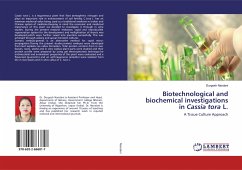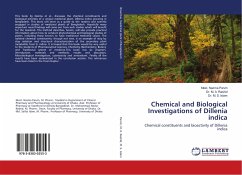All living organisms pass on their genetic information to their offspring in the form of DNA or RNA molecules by duplicating them across generations. In the bacteria, their genes are packed in long chains of DNA molecules or chromosomes. One of the widely studied model organisms, Escherichia coli, replicates its circular chromosome in two directions starting from an origin region of chromosome with independent replication complexes or replisomes simultaneously synthesizing the daughter chromosomes. DNA replication is an important process of the E. coli life cycle because of occurrence of small errors in its mechanism will affect the cell's normal state larger. Much of our current knowledge about the dynamics of replisome complex has been obtained from in vitro experiments. However, the natural environment of the cell is considerably different from that of in vitro solutions. We have presented here the challenges in strain creation techniques and the importance of them in the implications of in vivo single molecule research. As with any scientific research the valuable results obtained from our study raise more innovative questions that the researchers can answer in future research.
Bitte wählen Sie Ihr Anliegen aus.
Rechnungen
Retourenschein anfordern
Bestellstatus
Storno

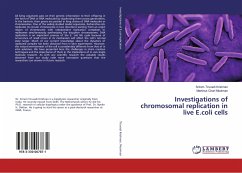
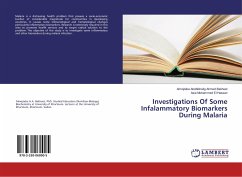
![Molecular Modeling Investigations on Pyrazolo[3,4-d]pyrimidines Molecular Modeling Investigations on Pyrazolo[3,4-d]pyrimidines](https://bilder.buecher.de/produkte/55/55118/55118765n.jpg)
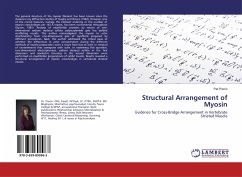
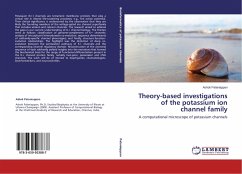
![Investigations on medicinal attributes of pyrazolo[3,4-d]pyrimidines Investigations on medicinal attributes of pyrazolo[3,4-d]pyrimidines](https://bilder.buecher.de/produkte/45/45806/45806658n.jpg)
